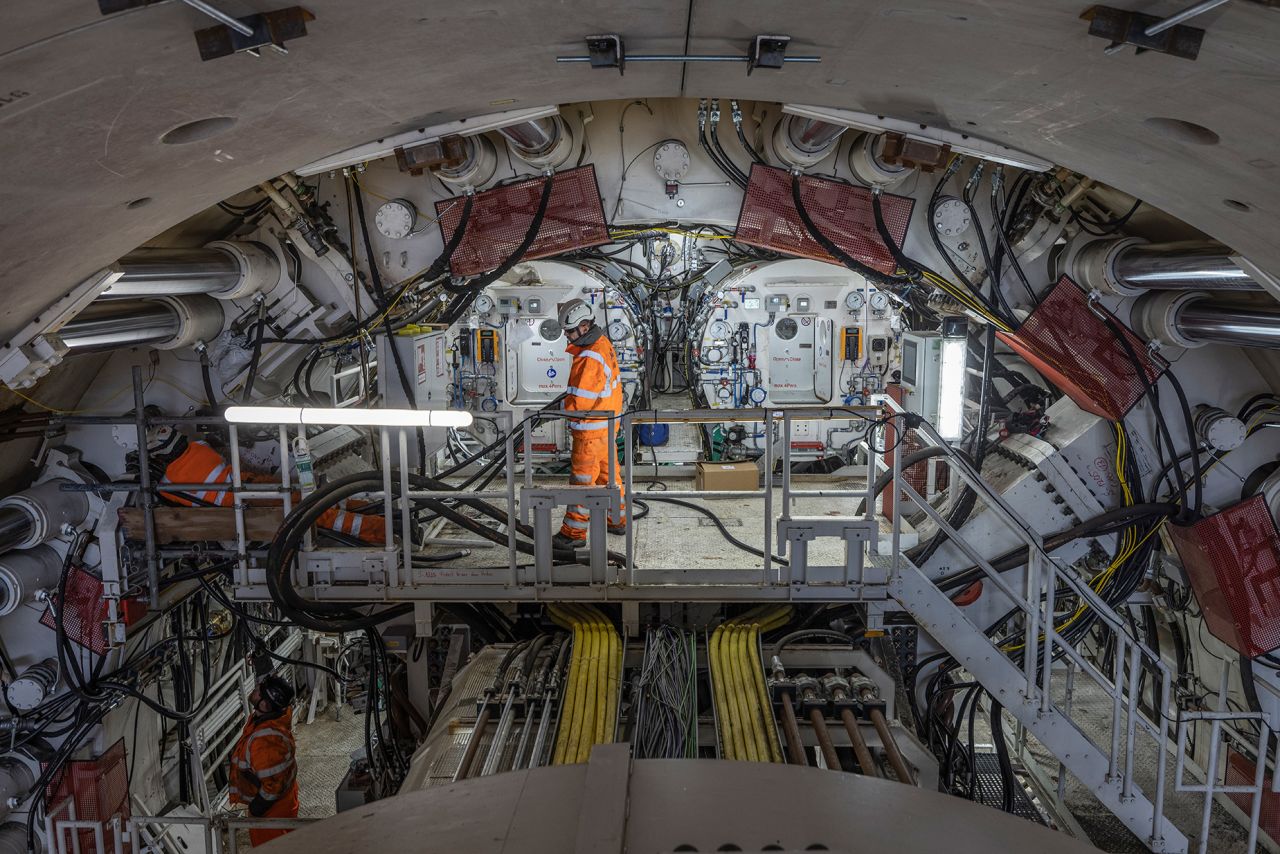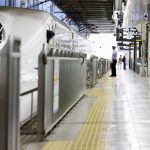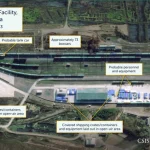Industrial unrest, crumbling infrastructure, rising costs, a wildly unpopular government plan to close station ticket offices, staff shortages, late-running trains and the chaos around a money-burning project to build the so-called High Speed 2 (HS2) rail line – it feels like an industry on the verge of a nervous breakdown.
As the 200th anniversary of the world’s first public railway – opened between Stockton and Darlington in northeast England in 1825 – approaches, Britain’s railways are in turmoil.
While some governments across the world invest billions to reset and de-carbonize travel habits in a post-Covid world, the UK’s Department for Transport is, even as trains bulge at the seams, axing key projects, train services and sidelining much-needed trains to save money.
Congestion, neglected Victorian infrastructure and frequent strikes are eating away at the British public’s deep-rooted affection for rail travel.
Meanwhile, essential legislation to restructure the UK railway industry – under a plan published in 2021 – has been kicked down the road by an increasingly pro-car prime minister, Rishi Sunak.
Industry morale is at its lowest point for decades, says highly respected ex-railway managing director Michael Holden.
As if that wasn’t bad enough, Sunak’s right wing Conservative government has pulled the rug out from under the controversial and vastly over-budget HS2 project.
Death of a mega-project

HS2 was originally meant to connect London with the northerly cities of Birmingham, Manchester and Leeds in the name of trying to reduce the UK’s north-south economic divide. The Leeds link has already been scrapped, but this week Sunak cancelled the Manchester line.
The announcement on Wednesday sparked a furious reaction from lawmakers and business leaders outside London, as well as many from the prime minister’s own party.
What was once billed as a landmark mega-project to power an interconnected Britain into the oncoming century has now been reduced to a 140-mile link that, for a price tag of $108 billion (£88 billion,) will barely improve on existing services.
The revised plan retains much of the original high cost and controversy for few of the benefits, and many people are unhappy about it.
HS2 had strong opposition from communities along its route who complained of landscape destruction and disruption from which they’d see little or no gain. Ecological protesters also fought to block it to protect ancient forests and fragile landscapes.
Now those in favor of the original project are dismayed by its drastic pruning.
“What was planned to offer up to 17 trains per hour serving many of the UK’s biggest cities will now be reduced to just a shuttle service, a couple of fast trains an hour between London and Birmingham,” says rail engineer and industry commentator Gareth Dennis. “It’s a dramatic reduction.”
“It’s desperately sad. I despair at the future for our children and future generations. Whatever happens now, even if the next government decides to reverse the decision and press ahead, it’s going to take a lot longer and cost a lot more to build.
Dennis says that while it was flawed, HS2’s scale back will impact the UK’s efforts to accelerate carbon reduction to meet long-term goals and demonstrates a lack of commitment to the future.
“It’s incredible that we can’t build a new inter-city railway, but it’s so much more than that; it’s the inability of this country and its institutions to do any forward planning or make any commitment to the future.
“The British rail industry is in a real crisis at the moment. The one thing it was banking on was HS2 delivering a bit of breathing space to allow more time for catching up on the backlog of track and structure maintenance. Without HS2 that crisis only deepens.”
‘Kafkaesque’ rail trip nightmares
Sunak has said that $44 billion will be saved by cancelling HS2’s Manchester connection, insisting the money will be redistributed to other transport schemes across the country, including roads and railways.
He said the government “will reinvest every single penny” banked from cutting HS2.
“Every region outside of London will receive the same or more government investment than they would have done under HS2, with quicker results,” he said, offering no timeline.
While all this rumbles on, Britain’s long-suffering rail passengers continue to endure unacceptable – and occasionally bizarre – treatment from train operators.
Comedian James Nokise went viral after tweeting a running commentary of his “Kafkaesque” 11-hour journey from London to Edinburgh on September 25.
I’m not quite sure how to explain what’s happened tonight, because it’s still happening – but here goes…
At 4:40pm I jumped on a train from London to Edinburgh..
It was comfy, it was quiet
In hindsight, too good to last…
— James Nokise (@JamesNokise) September 25, 2023
Hundreds of passengers were left stranded on their journey to Scotland after a train was cancelled as it approached the northwest England city of Preston and subsequent trains were either already full or cancelled.
At enormous expense, a fleet of taxis was then hired to take passengers on to their destinations, many hours later than scheduled.
The twists and turns of Nokise’s storytelling ensured that the incident gained nationwide attention, but incredibly the situation was repeated on the same route just four days later. Avanti has seen apologized for the train cancelation and says it has offered passengers compensation.
It’s a pattern of events that frustrated regulars and hard-pressed frontline workers recognize all too well.


